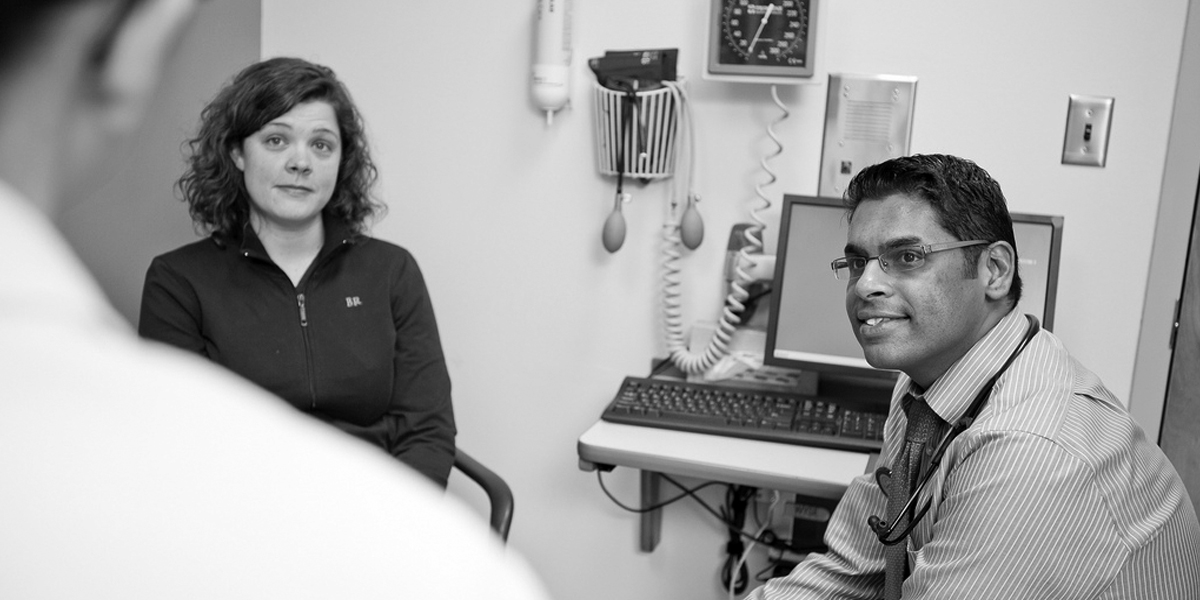The Hugo Young lecture: Why teachers and doctors know better
You need to judge any contribution to debate about the future of public services by a ‘three Ps’ test. The first P is power, and in his Hugo Young lecture Ed Miliband passed with flying colours. A Labour government would stand...
You need to judge any contribution to debate about the future of public services by a ‘three Ps’ test.
The first P is power, and in his Hugo Young lecture Ed Miliband passed with flying colours. A Labour government would stand up for people against ‘unaccountable power’; power would be devolved, ending the ‘hoarding’ of power at the centre
But power entails talking about two other Ps. In straitened financial circumstances, who pays? Power is about money, and how it is distributed, per service and per area. How much will there be: do we project forward today’s tax rates; do we ringfence health and schooling and if so, what about the Environment Agency’s budget or police numbers?
As for the third P, professional skill, you don’t have to honour the Fabian tradition to agree that experts must have a voice in deciding on rationing criteria for services where demand will always outstrip supply. Don’t we at some point need to say: doctors, teachers, engineers and social workers do actually know better?
A ‘reform’ reflex has dominated Labour discussion of public services for the past 15 years. Overly influenced by North American models and dogmatic in tone, ‘reformers’ have often insisted that deconstructing public service organisation, notably through contracting and outsourcing was a necessary precondition for spending.
And the result, made worse by the Conservative-led coalition’s anarchic assault on health and schooling, has been fragmentation and disintegration. In health the patient ‘pathway’ is too often through a jungle of different, sometimes competing providers, with commissioners – ostensibly the joiners together of care – nowhere to be seen.
The Labour leader now wants to focus on ‘whole person’ care and better coordination, perhaps under some version of Total Place. This is the contention that services can better be joined at sub-regional level or conurbation-wide – a plausible notion in Greater Manchester, thanks to the progress made by Labour authorities there, but much less likely in the shire counties.
Labour must always ask itself, too, whether it really wants to consign services for poor residents, including social security benefits, to the tender mercies of the Tories who permanently rule in Kent or Buckinghamshire.
Miliband’s lecture draws on the negative judgement of Labour’s period in office. Despite large increases in provision (and, we now see, important gains in productivity), public services left people cold. Performance management and targetry alienated the professionals and did not impress citizens and clients. If only public provision could be friendlier, closer, more ‘relational’. Out this today is a new IPPR pamphlet called Many to many – how the relational state will transform public services by Rick Muir and Imogen Parker. Beyond bureaucracy and markets might be its subtitle: performance management from above and competition through outsourcing have run their course. Anti-social behaviour, long-term unemployment, chronic ill health and ageing demand a new approach. Government needs to be more local and joined up. Services must be ‘affective’ (recognise feelings) as well as effective. You can see how Miliband is attracted to this – a phrase he did not use – third way.
But dilemmas around professional autonomy remain. Teachers, nurses, local authority staff have been part of the backbone of 20th century social democracy. David Blunkett’s brutal rhetoric about teachers’ competence when he was education secretary soured relations. But all the evidence says you don’t get excellence in schools unless teachers are given professional space, and (as in Finland) feel truly valued. Cameron is already ruing having allowed the crude Eric Pickles to attack the professional judgement of Environment Agency engineers: we may well come to rely on them a lot more.
Giving people voice and encouraging more dialogue are admirable ambitions for Labour. But public services are not, as Ed Miliband pointed out, ‘consumed’ like groceries. They are negotiated, and inseparable from large political and fiscal judgements. Power to the people is a good slogan, provided Labour does not stop cherishing the training and expertise of public service professionals.
